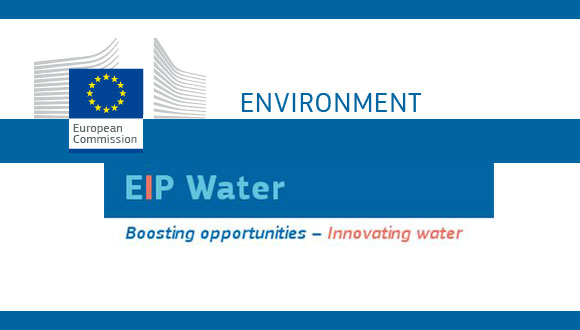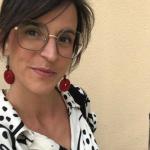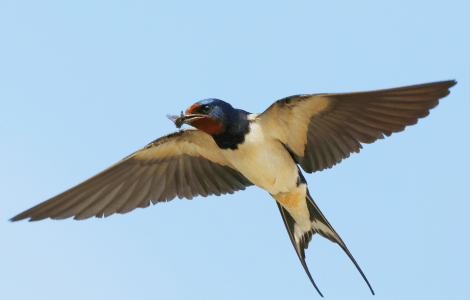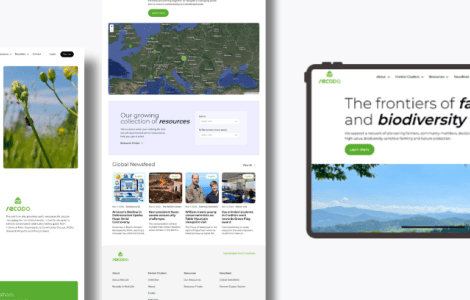El CREAF participarà en un nou Grup d'Acció sobre Serveis Ecosistèmics a la EIP on water
La CE ha selecciona el grup d'acció Ecosystem Services for Europe per la primera fase de la EIP on Water. Així doncs, el CREAF formarà part dels 9 grups seleccionats per la CE i la pròpia European Innovation Partnership on water (EIP on water) d’entre els 64 que s’havien presentat a la convocatòria, per posar en marxa la 1a fase operativa d’aquesta iniciativa.

“Ecosystem Services for Europe (ESE)” és el nom del grup d’acció que, liderat per CIRCE Universitat de Saragossa, treballarà per proveir a la CE amb les mancances a nivell de Recerca i Innovació del tema proposat. Els Grups d'Acció coordinen diferents actors, públics i privats, amb un clar interès d'aprofundir en la innovació de les temàtiques recollides per la EIP on Water. El grup de Serveis Ecosistèmics pretén desenvolupar una metodologia innovadora que permeti avaluar els beneficis ambientals i econòmics que ens proporcionen els ecosistemes.
S’espera que la CE tingui en compte aquestes necessitats i financi projectes en properes convocatòries de l’Horizon 2020, que hi donin respostes i solucions. En el mateix grup hi trobem EFI Med i l’Agència Catalana de l’Aigua i que varen ser convidats pel CREAF a sumar-se al grup.
ESE - Ecosystem Services for Europe
Descripció: The Action Group aims to develop a consensual and agreed methodology to assess the tangible and intangible benefits from natural and constructed ecosystems in environment and monetary terms. This methodology will be tested, adapted and implemented in a range of European and non-European demo sites as European, national and local (RTD) projects.
Expected is the development of a unique set of economic indicators (in monetary values), allowing economic comparisons among diverse areas and different scenarios.
The main issues to be included are: - Ecosystem functions allocation, biophysical processes understanding, natural microbial communities, water resources to guaranty the ecosystem functions and ES; - Local studies on wetlands and paddy fields, buffer zones; - Good agriculture practices, sustainable architecture, global warming effects and energy aspects related to ES; - Sustainable use of storm waters and groundwater use, and drainage in cities; and - Tariff and business models, stakeholder´s perception, economic effectiveness of the ES.
Market opportunities will be especially centred on the creation of new SMEs to carry out the alternative water management techniques based on the new methodology, as well as the implementation of new ICT devices that could easily measure the biologic and environmental status of water bodies.
Coordinador: CIRCE Research Centre
Socis: IRSA Research Institute; Geological Survey of Finland GTK; EU-rice network; Lulea University of Technology LTU - Urban Water Engineering SWE; Centre for Ecological Research and Forestry Applications CREAF; Centro Tecnológico LEITAT; Institute for Science - Innovation & Society; Coventry University - Urban Physical Geography - Sustainable Urban Drainage Systems (repress. also the Water Efficiency in Buildings Network & the Integrating Sciences to Sustain Urban Ecosystem Services (ISSUES) Group & EPSRC and the Better Thames Network); Decagon Devices INC; Centre Assessoria Dr. Ferrer S.L.; UMS GmbH
Paísos: Finland, Germany, Italy, Netherlands, Spain, Sweden, United Kingdom, United States
Més informació: http://ec.europa.eu/environment/water/innovationpartnership/nine_action_groups_en.htm







